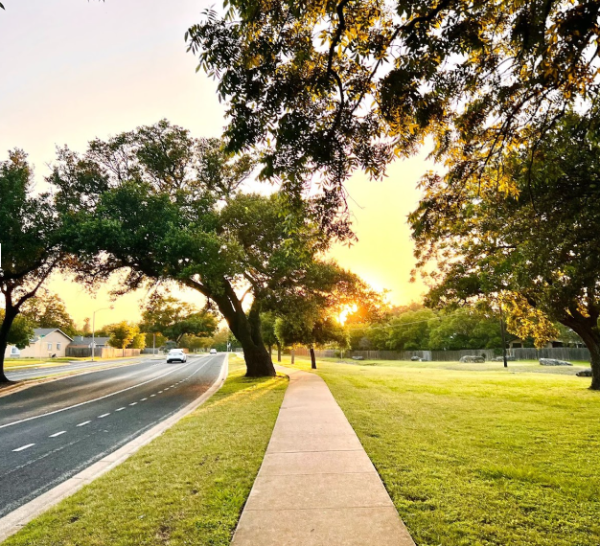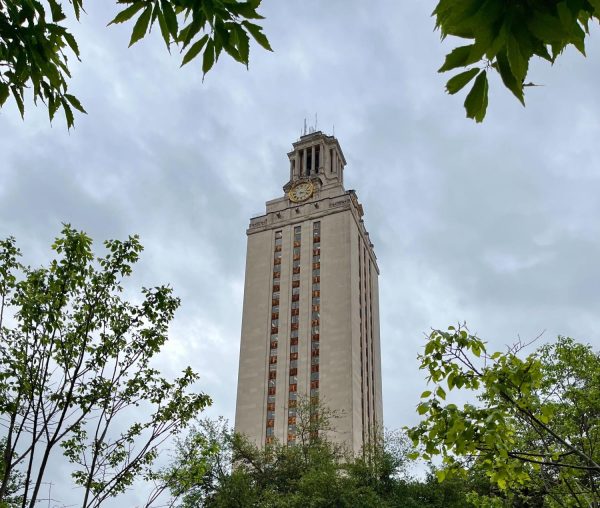Gina Hinojosa: A Look at Her Policies
In the upcoming election, Texas House incumbent Gina Hinojosa (D) of District 49 is up for her third term. She has served as a representative for four years and is running against Charles Meyer (R) in November.
Before serving in public office, Ms. Hinojosa graduated from the University of Texas with an honors degree in Government and then joined the law firm Kator, Parks & Weiser. She represented employees who had been discriminated against based on race, gender, and age. She later left the firm and served on the Equal Justice Center Board. During her time on the board, Ms. Hinojosa worked to secure unpaid wages for workers and sought to require corporations to pay their employees a living wage or higher.
Ms. Hinojosa then served on the Austin Independent School District (AISD) school board. During her time on the board, every AISD high school met state accountability standards for the first time. She also secured millions of dollars in support of increased funding for AISD and expanded the rights and safety of LGBTQ employees and students.
“Our biggest challenge locally for our school is finance, and that fight is at the state,” Ms. Hinojosa said to the Austin Chronicle. “We’ve done what we can locally in finding more dollars, in partnering with the city on contracts, after school programming, but there’s only so much of that we can do [without money from the state].”
Within her previous term as a representative, she authored 81 bills focusing on women’s healthcare, gun safety, higher education, and the finance system. One of Ms. Hinojosa’s bills established the creation of a disaster management system called the Texas Division of Emergency Management (TDEM). The organization is responding to the current pandemic by helping people gain access to applications for business loans, as well as answering the public’s questions regarding local response.
“The TDEM is charged with carrying out a comprehensive, all-hazards emergency management program for the state and for assisting cities, counties, and state agencies in planning and implementing their emergency management programs,” Mr. Kidd, who is the leader of the organization, said. “The purpose of this is to define the organization, establish operational concepts, assign responsibilities, and outline coordination procedures for achieving emergency management objectives.”
Ms. Hinojosa’s major policy point is reforming the public school finance system. Currently, any school district that sees an increase in its property value gets less money from the state. The state also does not contribute much money into the system besides what is gained in the Recapture system. Ms. Hinojosa hopes to change this.
“We need to have the state pay its fair share into the school finance system,” Ms. Hinojosa said in the Austin Chronicle. “In 2008, state and local taxpayers basically split public education 50/50. Now the state’s share is 33.9%, while the local share for neighborhood public schools is 66.1%. It’s very lopsided, it’s unsustainable, it’s not working.”
Ms. Hinojosa also wants to improve day-care funding and facilities. Along with this, she is focused on special education and ensuring that these students have access to the same education and resources that general-ed students have. However, some interest groups say other issues, including teacher benefits and pay, are of a higher priority.
“Lawmakers in the 2019 legislative session focused on school funding and teacher salaries, in large part because of the increased presence of educators at the polls in 2018,” Texas Teachers Vote, an organization advocating for Texas teachers, said. “Despite the gains made during the session, some areas remain unaddressed: funding for health insurance, the still-too-high emphasis on state standardized testing, the need for greater teacher empowerment, and more.”
The Republican nominee for this race, Mr. Meyer, has an entirely different policy focus than Ms. Hinojosa. While her focus is education, Mr. Meyer’s priority is security and information technology. He also believes the free-market should set health insurance rates and wants to combat the increase of the local homeless population.
“I have three interrelated highest-level priorities,” Mr. Meyer said. “First, focus on our homeless brothers and sisters who are up and down our streets and in our neighborhoods. Second, focus on our refugee brothers and sisters up and down our borders and in our wildernesses. Third, focus on our human trafficked brothers and sisters all around us. Solutions and preventions are a community effort.”
With the emergence of the novel coronavirus, Ms. Hinojosa has begun focusing on advocating for the local community during this national crisis. She has gathered an extensive list of food resources, household essentials, and local benefits aiding her constituency. On Twitter, she has spread information about the pandemic, including statistics about social distancing. Ms. Hinojosa has also concentrated on minimizing the spread of COVID-19 in nursing homes, whose residents are the most susceptible to the virus. She has also encouraged people to stay at home to reduce the risk to essential workers.
Ms. Hinojosa, an advocate for education and women’s healthcare. Although she was able to defeat the last incumbent, Ms. Hinojosa will face tough competition from Mr. Meyer on election day.

When I'm not writing, I listen to music a lot, and I love dance and psychology. This is my third year on press, and when I'm not editing stories, I'll...






